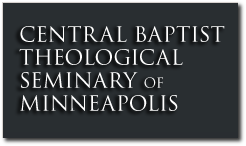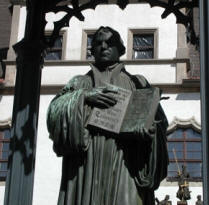 (First published at SI, June 6, 2006)
(First published at SI, June 6, 2006)
Pitfalls in the Pursuit of Biblical Patterns
In Scripture, casting lots is routine. Some might even say it’s the normal way to decide a difficult question. The OT 1 contains 24 references to “cast lots,” “casting lots,” and “the lot fell.” Two of these are in Proverbs where lot-casting is highly recommended.
The lot is cast into the lap, but its every decision is from the Lord (Prov. 16:33).
Casting lots causes contentions to cease, and keeps the mighty apart (Prov. 18:18).
In addition, the Urim and Thummim (probably a form of lot-casting) have a prominent place in Mosaic Law. All in all, the OT is very pro-lot.
The NT seems to be in favor of the practice as well. Casting lots is mentioned there eight times, and one of them refers to the selection of an apostle to replace Judas (Acts 1:26). So if we have frequent favorable references to lot-casting across both Old and New Testaments, do we have a “biblical pattern”? Should we be casting lots in our churches rather than voting? After all, the Bible contains no direct command to vote on anything (some might argue that voting is the brainchild of humanistic philosopher Jean-Jacques Rousseau and his ilk).
![]() The third Council on Dispensational Hermeneutics was held on September 22-23, 2010 at the Baptist Bible Seminary in Clarks Summit, PA. There were approximately forty council members and nearly that many observers.
The third Council on Dispensational Hermeneutics was held on September 22-23, 2010 at the Baptist Bible Seminary in Clarks Summit, PA. There were approximately forty council members and nearly that many observers. Republished with permission (and unedited) from
Republished with permission (and unedited) from  Republished with permission from
Republished with permission from  (First published at SI, June 6, 2006)
(First published at SI, June 6, 2006)

Discussion